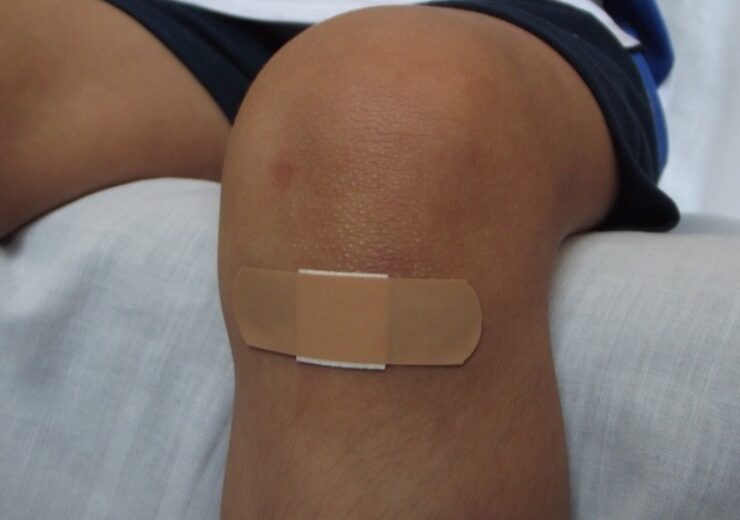LifeNet leveraged Matracell technology to develop Matrion which has all three layers of the placenta, including trophoblast layer

LifeNet Health develops wound healing product Matrion. (Credit: saulhm from Pixabay.)
LifeNet Health, a regenerative medicine biologics firm, has developed Matrion, an advanced decellularised placental membrane for wound healing.
The company has leveraged its advanced Matracell technology to create the placental membrane offering, which has all three layers of the placenta, including trophoblast layer.
The Matracell technology provides the membrane acellular without losing its biomechanical properties, while also maintaining growth factors, and supporting neovascularisation with porous structure.
In addition, Matrion keeps all the three layers fully intact from recovery to application, to protect the extracellular matrix along with the native growth factors and other proteins.
LifeNet Health vice president and wound management and surgical reconstruction general manager Mike Falcon said: “For years, clinicians have been forced to compromise when it comes to the placental graft they choose for their patients.
“We designed Matrion to protect the natural growth factors and strong structural matrix while resolving the handling challenges that are inherent in most placental grafts. Finally, there is a solution that requires no compromises and provides better patient care.”
LifeNet’s Matrion provides complete decellularised trophoblast layer
LifeNet said that its Matrion is the first product to offer complete, decellularised trophoblast layer, which comprises up to 50% of the endogenous growth factors in placental tissue.
The trophoblast layer is up to four times thicker than the amnion or chorion layers, and reduces the chances of graft attaching to itself during placement.
The full-thickness allograft biologic with trophoblast is said to support the advanced healing and offers superior handling.
Also, the new placental membrane offers an additional level of safety with a Sterility Assurance Level (SAL) of 10-6, similar to the medical devices used in surgery.
Matrion is indicated as a protective barrier membrane for diabetic foot ulcers, venous stasis ulcers, dehisced surgical wounds, and traumatic burns.
LifeNet intends to commercialise the product initially to select surgeons in the US, and roll out across the country in early 2021.
LifeNet Health president and CEO Rony Thomas said: “We are very pleased to launch Matrion, which emphasizes LifeNet Health’s long tradition of delivering innovative and technologically advanced grafts in the growing field of biologics.
“Matrion is a new generation placental graft that meets every critical need of the physician and complements LifeNet Health’s Dermacell, the world’s leading skin graft for wound and soft tissue repair.”
